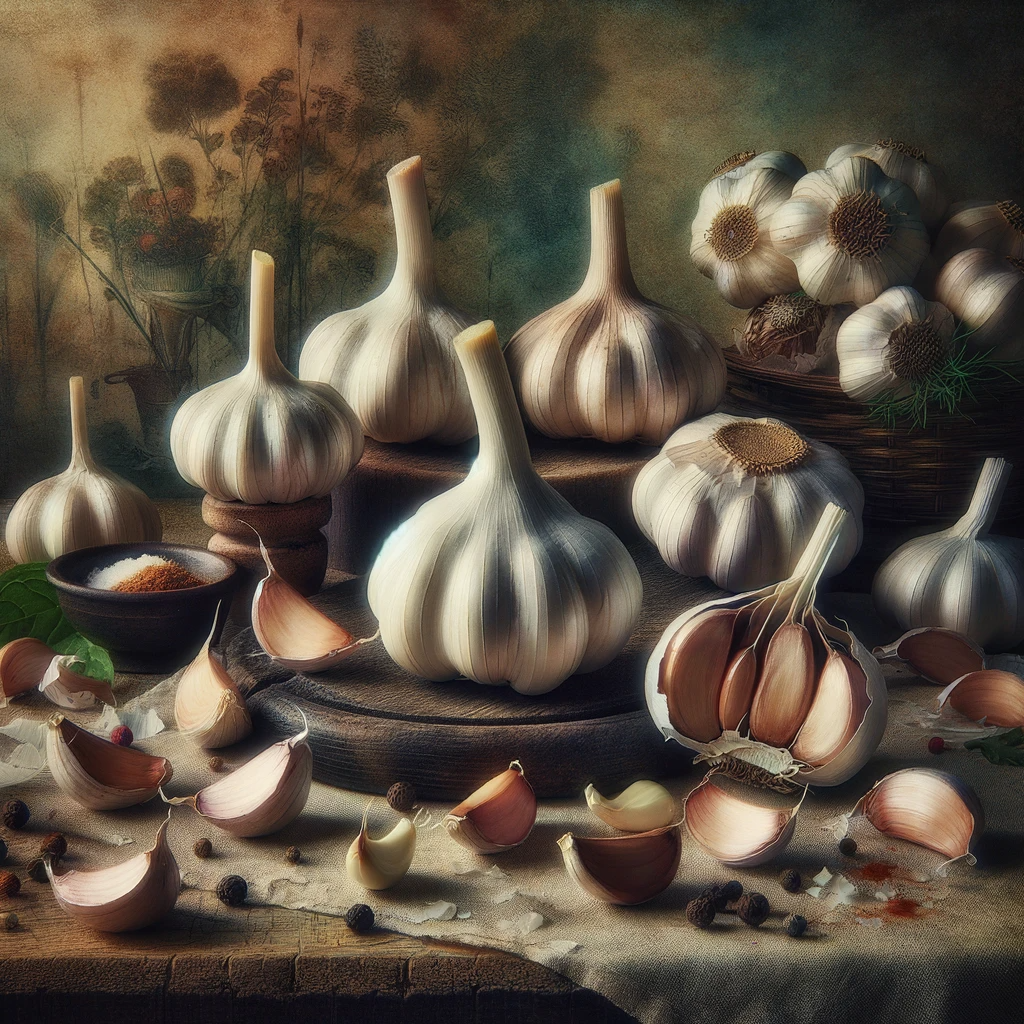Introduction
Mediterranean cuisine is renowned for its exquisite flavors and healthy ingredients, and one ingredient that takes centre stage is garlic. Known for its unmistakable aroma and robust taste, garlic plays a crucial role in Mediterranean dishes, elevating them to a whole new level. In this article, we’ll explore the versatile use of garlic in Mediterranean cooking and discover why it’s considered a flavor-packed gem in this culinary tradition.
The Mediterranean Magic of Garlic
Garlic, a member of the onion family, has been an integral part of Mediterranean cuisine for centuries. Its unique taste and health benefits make it a staple ingredient in dishes originating from countries like Italy, Greece, Spain, and more. Let’s delve into how garlic enhances the Mediterranean culinary experience.
1. Aromatic Allure
Garlic’s pungent aroma is the first indicator of its presence in Mediterranean dishes. Whether minced, sliced, or crushed, the fragrance of garlic fills the air, setting the stage for a mouthwatering meal. Its ability to infuse dishes with a rich, savory scent is unmatched.
2. Flavor Enhancement
Garlic is celebrated for its ability to elevate the flavors of other ingredients. When sautéed in olive oil, it imparts a deep, garlicky essence that forms the base of countless Mediterranean recipes. From pasta sauces to roasted vegetables, garlic’s flavor-enhancing qualities are unparalleled.
3. Versatile Ingredient
One of the remarkable aspects of garlic is its versatility. It can be used in various forms, such as minced, sliced, or whole cloves, allowing it to adapt seamlessly to different cooking techniques. Whether you’re making a hearty stew or a light salad dressing, garlic can be incorporated effortlessly.
4. Health Benefits
Apart from its culinary prowess, garlic offers an array of health benefits. It is believed to have antioxidant properties, promote heart health, and boost the immune system. In Mediterranean cuisine, the combination of garlic and olive oil is often lauded for its potential to promote overall well-being.
Garlic in Mediterranean Recipes
Now that we’ve highlighted the significance of garlic, let’s explore some classic Mediterranean dishes where this flavor-packed ingredient shines.
1. Tzatziki Sauce
This Greek classic combines yogurt, cucumbers, and garlic to create a refreshing and tangy dip. The garlic provides a zesty kick that perfectly complements the coolness of the yogurt.
2. Aglio e Olio Pasta
Hailing from Italy, this simple yet exquisite pasta dish features garlic-infused olive oil, red pepper flakes, and parsley. The garlic infuses the oil, creating a flavorful sauce that coats the pasta beautifully.
3. Spanish Garlic Shrimp (Gambas al Ajillo)
In Spain, garlic is the star of this dish, where shrimp are cooked in a sizzling garlic and chili oil. The result is a mouthwatering combination of flavors and aromas that captures the essence of Mediterranean cuisine.
4. Roasted Mediterranean Vegetables
Garlic cloves are often tucked among colorful bell peppers, zucchini, and tomatoes before roasting. As the vegetables cook, the garlic mellows and sweetens, enhancing the overall taste of the dish.
Conclusion
In Mediterranean cuisine, garlic is not just an ingredient; it’s a culinary cornerstone that brings depth and character to dishes. Its aromatic allure, flavor-enhancing capabilities, versatility, and health benefits make it an essential component of this rich culinary tradition. So, the next time you savor a Mediterranean meal, take a moment to appreciate the magic of garlic, the unsung hero that elevates these dishes to flavor-packed perfection
